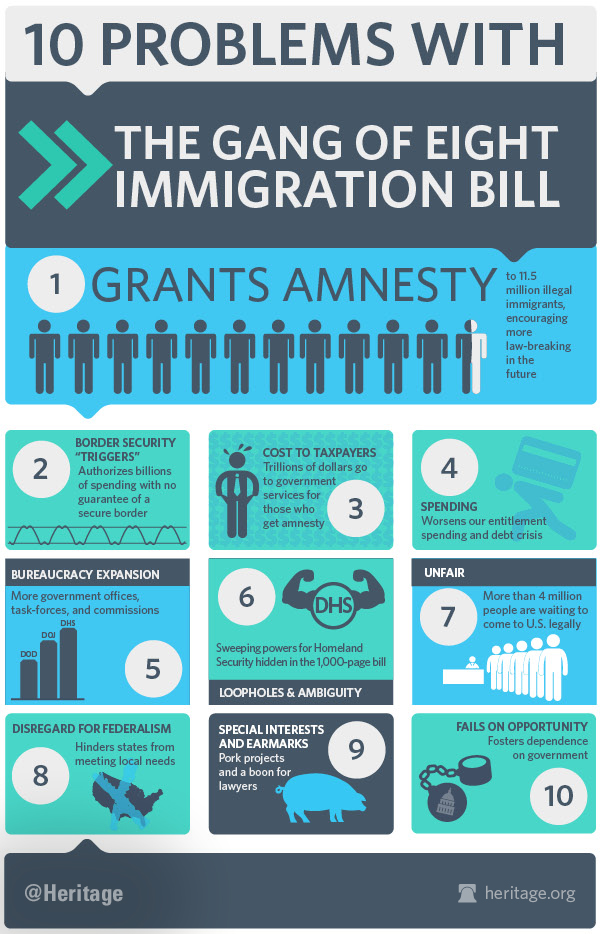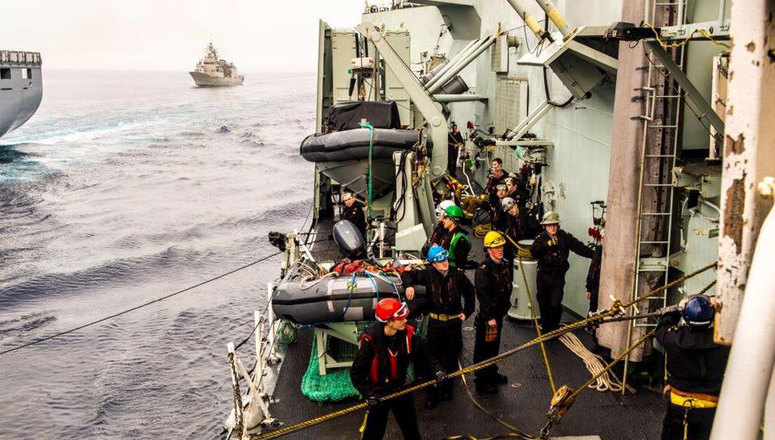Update: He was captured last month: Sleiman Daoud al-Afari, Iraqi dictator’s chemical and biological arms specialist, captured by Delta Forces. He worked directly for Saddam Hussein.
(CNN) The U.S. military has conducted airstrikes against targets it believes are crucial to ISIS’ chemical weapons program based on information provided by a senior ISIS operative involved in chemical weapons, several U.S. officials told CNN.
The information he provided to interrogators has given the U.S. enough information to begin striking ISIS areas in Iraq associated with the group’s chemical weapons program. One U.S. official said the goal is to locate, target and carry out strikes that will result in the destruction of ISIS’s entire chemical weapons enterprise — mainly mustard agent ISIS produces itself.
It was not immediately clear if the U.S. was able to strike all of the necessary targets. Intelligence and surveillance of the targets had indicated in some Iraqi locations that civilians were present at prospective sites, officials told CNN.
While the goal is to end ISIS’ capability to manufacture and use mustard agent, the actual targets being struck include people, facilities and vehicles. The agent itself is made in relatively small quantities and has a fairly short shelf life, the U.S. government believes. Since the weekend, the U.S. has struck what it is calling “improvised weapons facilities” and other targets near Mosul, Iraq, but officials would not say if these were chemical weapons sites.
The operative was captured in one of the first missions of the so-called Expeditionary Targeting Forces. It is a group of some 200 Special Operations troops assembled in northern Iraq to gather intelligence and pursue ISIS operatives on the ground by either capturing or killing them in Iraq, and eventually in Syria. Carter recently acknowledged the ETF is “having an effect and operating.
U.S. Captures, Interrogates Top Islamic State Chemical Weapons Expert
Capture is among recent U.S. advances in ongoing effort to counter terror network
WSJ: WASHINGTON—The U.S. military captured one of Islamic State’s top chemical weapons experts in a recent raid—and has spent several weeks interrogating him about the terror network’s capabilities and planning, U.S. officials said Wednesday.
The detainee, who wasn’t named by U.S. officials, is expected to be released to the Iraqi government at the end of this week, the officials said.
Iraqi military spokesmen declined to comment on his capture. A spokesman for Iraqi Prime Minister Haider al-Abadi didn’t immediately respond to a request for comment.
The capture was among recent U.S. advances in an ongoing, though uneven, effort to counter Islamic State, which has maintained a foothold in Iraq and Syria while also recently expanding into parts of Libya as well.
In one airstrike last week in Syria, Pentagon officials believe they killed Abu Umar al-Shishani, a top Islamic State commander known fairly widely by the nickname “Omar the Chechen.”
The chemical weapons expert was captured in recent raid the Pentagon acknowledged last week. However, officials at the time said they had captured a high-ranking operative, without providing further detail. His actual role in the organization was disclosed on Wednesday.
The move came as U.S. and Western officials have grown increasingly concerned about the terror network’s plans to use chemical weapons against enemies and in the U.S.
Director of National Intelligence James Clapper told Congress last month that Islamic State already has used chemical weapons “numerous times” in Iraq and Syria, adding that “aspirationally, they would like to do more.”
It was at least the second time that the U.S. military was able to capture and interrogate a person with valuable intelligence about Islamic State’s operations. In May, U.S. special-operations forces conducted a raid in Syria that killed Abu Sayyaf, considered to be one of the group’s financial chiefs. His wife, Umm Sayyaf, was detained and interrogated by the U.S. military. The intelligence from that raid helped U.S. officials run numerous operations and crack down on the group’s access to money, officials have said.
*****
In part from ToI: The two Iraqi officials identified the man as Sleiman Daoud al-Afari, who worked for Saddam Hussein’s now-dissolved Military Industrialization Authority where he specialized in chemical and biological weapons. They said al-Afari, who is about 50 years old, heads the Islamic State group’s recently established branch for the research and development of chemical weapons.
He was captured in a raid near the northern Iraqi town of Tal Afar, the officials said. They would not give further details.
The officials, who both have first-hand knowledge of the individual and of the IS chemical program, spoke on condition of anonymity as they are not authorized to talk to the media. No confirmation was available from US officials.
Airstrikes are targeting laboratories and equipment, and further special forces raids targeting chemical weapons experts are planned, the intelligence officials said. They and the Western official also spoke on condition of anonymity because they were not authorized to talk to the media.
IS has been making a determined effort to develop chemical weapons, Iraqi and American officials have said. The militant group, which emerged out of al-Qaeda in Iraq, is believed to have set up a special unit for chemical weapons research, made up of Iraqi scientists from the Saddam-era weapons program as well as foreign experts.
Iraqi officials expressed particular worry over the effort because IS militants gained so much room to operate and hide chemical laboratories after overrunning around a third of the country in the summer of 2014, territory which they then joined with territory they controlled in neighboring Syria. Full article here.


